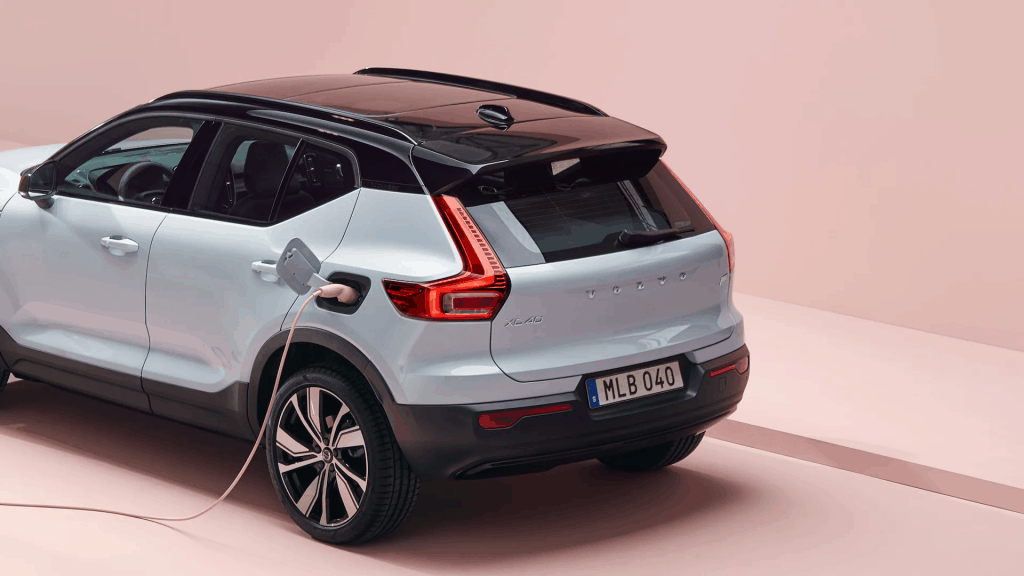
In coming years, Volvo Cars will launch a completely new family of pure electric cars. By 2030 it aims to offer only fully electric cars – all of them leather-free.
As part of its ambitions to go completely leather-free, Volvo Cars is working actively to find high-quality and sustainable sources for many materials currently used in the wider car industry.
By 2025, the company is aiming for 25 per cent of the material in new Volvo cars to consist of recycled and bio-based content, as it looks to become a fully circular business by 2040. As part of its climate action plans, it also aims for all of its immediate suppliers, including material suppliers, to use 100 per cent renewable energy by 2025.
The company’s move towards leather-free interiors is also driven by a concern about the negative environmental impacts of cattle farming, including deforestation. Livestock is estimated to be responsible for around 14% of global greenhouse gas emissions from human activity, with the majority coming from cattle farming.
Instead of leather interior options, Volvo Cars will offer its customers alternatives such as high-quality sustainable materials made from bio-based and recycled sources.
For example, Nordico, a new interior material created by Volvo Cars will consist of textiles made from recycled material such as PET bottles, bio-attributed material from sustainable forests in Sweden and Finland, and corks recycled from the wine industry – setting a new standard for premium interior design. This material will make its debut in the next generation of Volvo models.
Volvo Cars will also continue to offer wool blend options from suppliers that are certified to source responsibly, as the company looks to ensure full traceability and animal welfare in its wool supply chain.
Volvo Cars is also looking to reduce the use of residual products from livestock production commonly used within or in the production of plastics, rubber, lubricants and adhesives, either as part of the material or as a process chemical in the material’s production or treatment.
The company takes this step because it believes that while going leather-free is a step in the right direction, doing so alone does not make a car interior vegan.
By aiming to actively replace these materials as much as possible, Volvo Cars takes a strong and ethical position to do what it can to help stop animal harm, by contributing to a reduced demand for these materials containing animal products.
Two-thirds of consumers consider a brand’s environmental policies as a critical factor when purchasing luxury products, according to a recent study*. The same percentage of buyers would like to see carbon labelling on products as a way of providing greater transparency on the environmental impact of products and materials**.
This means the material world is evolving and designers around the world are actively sourcing high-quality, sustainable and responsibly-sourced materials as they strive to create the luxury products of the future.
These and other conclusions appear in The Rise of Conscious Design, a new report issued by Volvo Cars in collaboration with leading trend forecasting company The Future Laboratory.
The publication of the report coincides with Volvo Cars’ announcement that all of its new fully electric models will be completely leather-free. The newly launched C40 Recharge is the first model to be fully devoid of leather.
The report draws on a wealth of existing research as well as new interviews and insights from thought leaders from a variety of industries, such as Claire Bergkamp, COO of The Textile Exchange and former Worldwide Sustainability and Innovation Director for Stella McCartney; Wen Zhou, CEO of 3.1 Phillip Lim; Dr Leonardi Bonnani, Founder and CEO of Sourcemap; and Xu Gang, co-Founder of Bentu Design.
As part of its ambitions to go completely leather-free, Volvo Cars is working actively to find high-quality and sustainable sources for many materials currently used in the wider car industry.